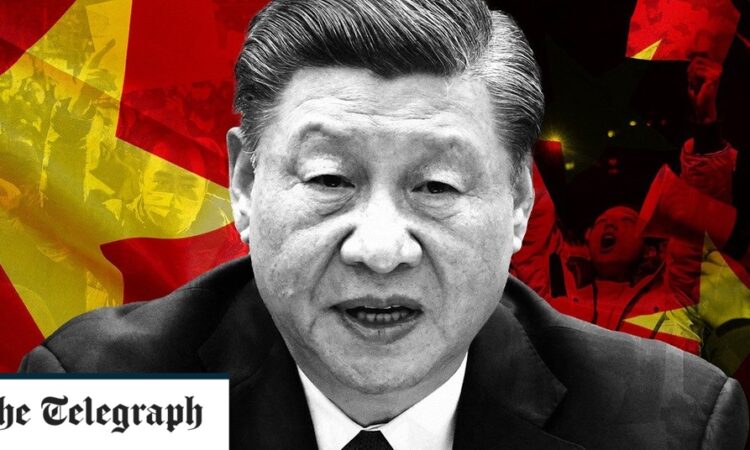
How markets will cope with this is unclear. It has already prompted the question of what constitutes a risk-free asset? Government bonds were seen as this. During the pandemic, a third of government bonds globally traded with negative yields, meaning that investors saw these as truly safe. Effectively, governments were being rewarded for borrowing.
Now, over the last three years because of inflation, rising policy rates and tighter global liquidity, government bonds have witnessed negative total returns. If you had bought this safe-haven, you would have lost money.
Since the 2008 global financial crisis there has been a shift in financial markets, with the rise of shadow banking. The latest report from the Financial Stability Board on the scale of this shows that at the end of 2021, total financial assets had risen to $485 trillion. Yes, trillion. And the amount provided by non-bank financial institutions had reached almost half of this, $239 trillion.
Collateral, often in the form of government bonds and other quality debt, plays an important part in underpinning this system. If this is now being questioned as a safe asset it suggests not only greater financial instability but also greater risk aversion, meaning that global liquidity conditions will naturally tighten further. Stabilising policy rates and yields may thus become vitally important.
So the focus is shifting from inflation to growth. Next, I expect the focus of financial markets to shift to debt. Public and private debt levels globally are high, limiting the room for policy manoeuvre and leaving many people and firms exposed to a sustained period of high interest rates. Keep the seatbelts tightened.
Gerard Lyons is the chief economic strategist at Netwealth. Liam Halligan is on holiday.






